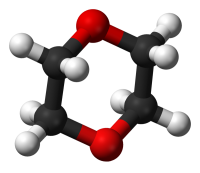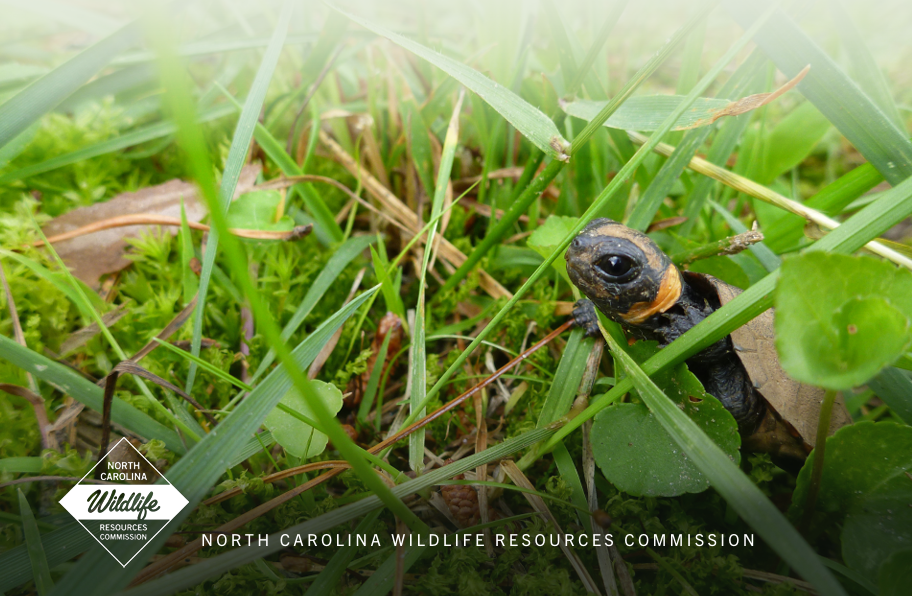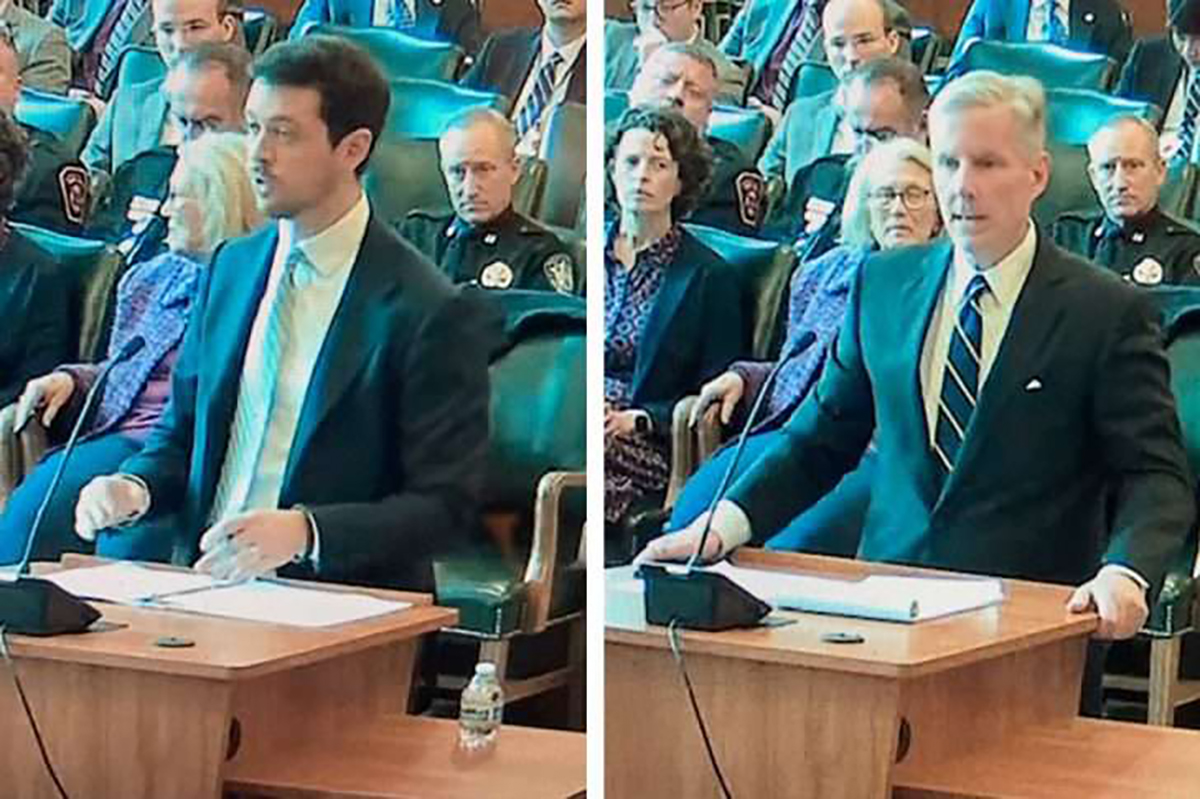
Public health and environmental justice groups in Eastern North Carolina are calling for a judicial review of a recent federal report that the groups say understates the cancer risk to consumers from a compound found in household cleaning products that contaminates drinking water supplies across the region and beyond.
The groups, Advance Carolina, Cape Fear River Watch, Center for Environmental Health, Clean Cape Fear, Democracy Green, Haw River Assembly and Toxic Free NC, say they are deeply concerned about widespread 1,4-dioxane contamination of the Cape Fear and Haw Rivers and other drinking water sources for hundreds of thousands of North Carolina residents. They said drinking water supplies in the state have among the highest levels of 1,4-dioxane in the country.
Supporter Spotlight
The Oakland, California-based Center for Environmental Health and the six North Carolina groups have filed a petition seeking judicial review of what they call an “inadequate and negligent” risk evaluation of 1,4-dioxane by the Environmental Protection Agency. The groups filed the petition Monday in the U.S. Court of Appeals for the Ninth Circuit.
“One in five North Carolinians get their drinking water from the Cape Fear River Basin. The watershed also has some of the highest levels of 1-4 dioxane in the entire country. 1-4 dioxane represents a clear and present danger to millions of residents of the Cape Fear Basin and we cannot afford to sit back and do nothing as industrial pollutants poison our loved ones,” said Cape Fear Riverkeeper Kemp Burdette of Cape Fear River Watch, in a statement.
The evaluation finalized Jan. 8 is based on the Toxic Substances Control Act (TSCA), the nation’s principal law for reducing the risks of unsafe chemicals.
“Trump’s EPA played eleventh hour politics with our health. They ignored the cancer risk we face everyday simply drinking contaminated water and caring for our families. If we can’t rely on our regulators to take health and environmental threats seriously, then why do they even exist? While we hope the incoming administration upholds its commitment to environmental justice, we also have to take this challenge to the U.S. Court of Appeals because the stakes are just too high,” Emily Donovan, co-founder of Clean Cape Fear said in a statement.
The groups note that 1,4-dioxane is in widely used household cleaning and personal care products. They said the EPA, which had initially refused to include these products in its evaluation but reversed course in late 2020, was influenced by lobbying from industry groups seeking EPA action under TSCA to block states from adopting their own regulation of 1,4-dioxane in consumer products.
Supporter Spotlight
“EPA obliged and rushed out a flawed and incomplete assessment finding that cleaning and personal products containing 1,4-dioxane do not present an unreasonable cancer risk to US consumers,” according to the Center for Environmental Health.
Industry groups, including the American Cleaning Institute and Household & Commercial Products Association, in December applauded the EPA’s determination that consumer products containing 1,4-dioxane do not present an unreasonable risk of injury to human health or the environment.
“Companies invest significant time and resources to formulate products responsibly, and we are pleased to see that the Agency agrees that the conditions of use they evaluated do not present an unreasonable risk,” said ACI Associate Vice President Kathleen Stanton and CPA Senior Vice President Dr. Steve Bennett in a statement released Dec. 14, 2020.
The groups said that 1,4-dioxane is a byproduct of the manufacturing process for cleaning products and detergents and not an intentionally added ingredient.
The environmental and public health groups said they intend to demonstrate that the EPA’s finding is “scientifically and legally unsupportable and greatly understates real-world exposure to 1,4-dioxane in consumer products.”
Environmental justice group Advance Carolina said minority and low-wealth communities face contaminated environments daily in their own backyards. Black Americans, specifically, face a 54% higher health burden than the overall population. In a statement, the group’s deputy director, La’Meshia Whittington called it a “horrifying reality” that communities can’t escape environmental poisoning from household cleaning products.
“We are in this fight against 1,4 Dioxane because it is the moral thing to do, and we know historically people-of-color have seen 95% of their claims against polluters denied by the EPA. Everyone deserves to feel safe in their own home, the right to a healthy environment and access to poison-free products,” Whittington said.







